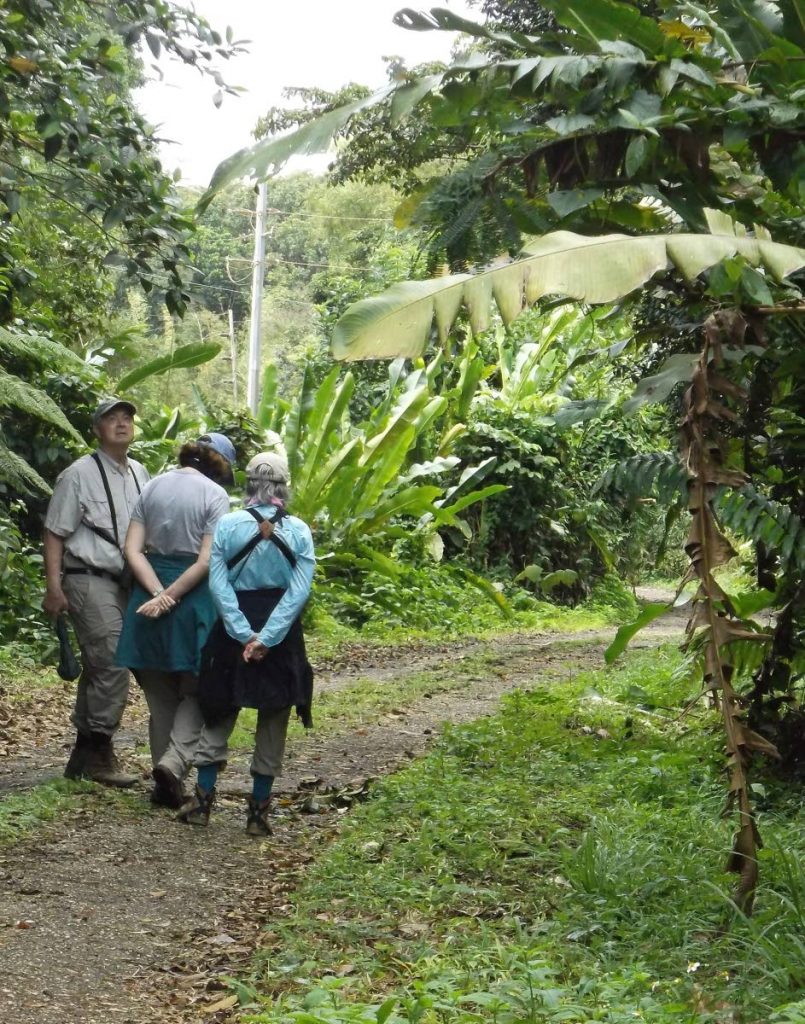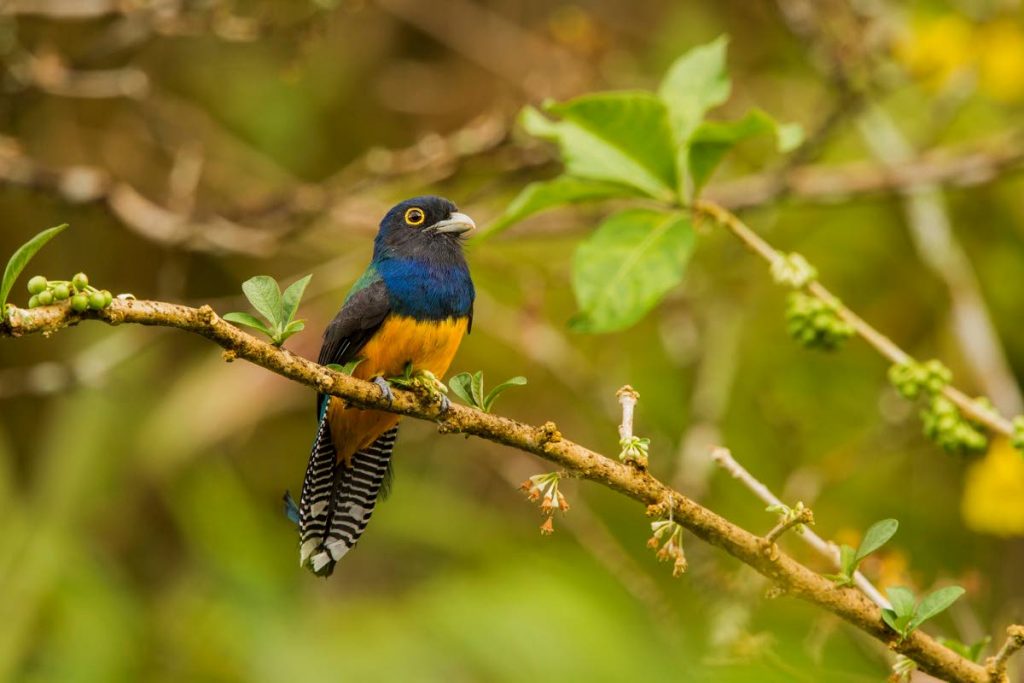Hippies, bankers can save our tourism industry

kmmpub@gmail.com
Why is it that so many people still think mass market tourism is remotely economically viable in Trinidad and Tobago? The only people I hear speaking up about various plans for large all-inclusive resorts are folks with an environmental bent, as the excellent BC Pires recently highlighted in his Newsday piece: Frankly, Asa Wright, they don’t give a damn.
The business folks I know largely stay silent. They are missing the point. We should oppose these types of projects not just because they will ruin our environment – but because they are unlikely to be profitable.
From the dust-up over the Sandals resort to the latest proposal for the State to build a Marriott in Tobago, on the site of a beach still ranked in the top ten for surfing globally, these ideas remain out of step with global tourism and consumer trends.
The average millennial is marching towards their 40s. They are starting to accumulate disposable income, and will soon approach mid-life crisis levels of spending. But they neither want to spend it in mainstream, boilerplate environments, nor on stock experiences. Consumers nowadays want authentic experiences. They care about the environment. They want local food, the thrill of the unexpected and the sight of the (ever Instagrammable) unspoilt jungle.
They largely don’t want to fly to Trinidad or Tobago to stay in some cut-rate Miami suburb. I cringe every time I hear people taking visitors for dinner at MovieTowne or even to one of the malls. Why would anyone fly thousands of miles to do that? In a time of Amazon Prime and instant gratification, people are seeking the unknown and the exciting.
I’m not entirely dismissing mass market tourism. Many a fine locale has churned out dependable cash flows from a sea of Holiday Inn’s and Red Lobsters. But that only works with first, a critical mass of investment and infrastructure (not cheap), easy and cheap direct flights, and crucially, cheap and dependable labour. Cancun has done it well, as has Punta Cana in the Dominican Republic. The Bahamas has been able to build vast super-resorts, although the viability of that model is increasingly in question.
Neither Tobago, and certainly not Trinidad, has any of those attributes. We are a very expensive place to do business. We are also out of the way – flights here are relatively expensive and inaccessible. Even our geography makes it difficult to create concentrated pockets of waterfront restaurants, bars, hotels and other tourist infrastructure.

An unenviable hand, one might think. But I’m no purveyor of doom and gloom. One of the great advantages of our nascent tourism industry is how small it is. We remain largely “undiscovered”; outside of the knowing few who have experienced the debauch of Carnival; or the dedicated birders and eco-tourists that have come to see the place with one of the highest species diversity in the world.
This means that if we play our cards carefully, we have the geographic and cultural chops to create a cult-like following that would be the envy of most other tourist destinations. That means that instead of attempting a mid-market approach- we should go high end, boutique, ecologically sustainable and experiential.
Small, expensive hotels with curated local experiences are the way forward, especially for places like Tobago which have long attracted a more discerning traveller, chiefly from Europe.
This is simple competitive analysis. Once we target a small niche market that spends more, we can avoid the trap of competing against other destinations which have years head start when it comes to infrastructure.
Don’t get me wrong – we do still need small, smart eco-resorts and high end restaurants – an ecosystem to support this type of approach. But devising incentives and invitations to create those will be much cheaper than plonking hundreds of millions on mega-resorts. There are simple things we can do like lifting the restriction on foreign ownership of houses (which continues to rob Tobagonians of their wealth), or stepping in to support the few places like Asa Wright that have against all the odds maintained word-of-mouth brands.
To be really successful – we should reach out and start inviting the right types of investors and to explore – particularly those with experience executing these types of experiences in places like Costa Rica or the Maldives.
Once we muster the national self-confidence to appreciate what we have – more than we do the delights of Fort Lauderdale or Tampa – we can leverage our culture, hospitality, unexpected aesthetics, and natural landscape to generate significant foreign exchange. This is one case where the hippies and the bankers should be in full accord.
Kiran Mathur Mohammed is an economist and co-founder of medl, an IDB Lab and Microsoft-backed social impact health tech company


Comments
"Hippies, bankers can save our tourism industry"